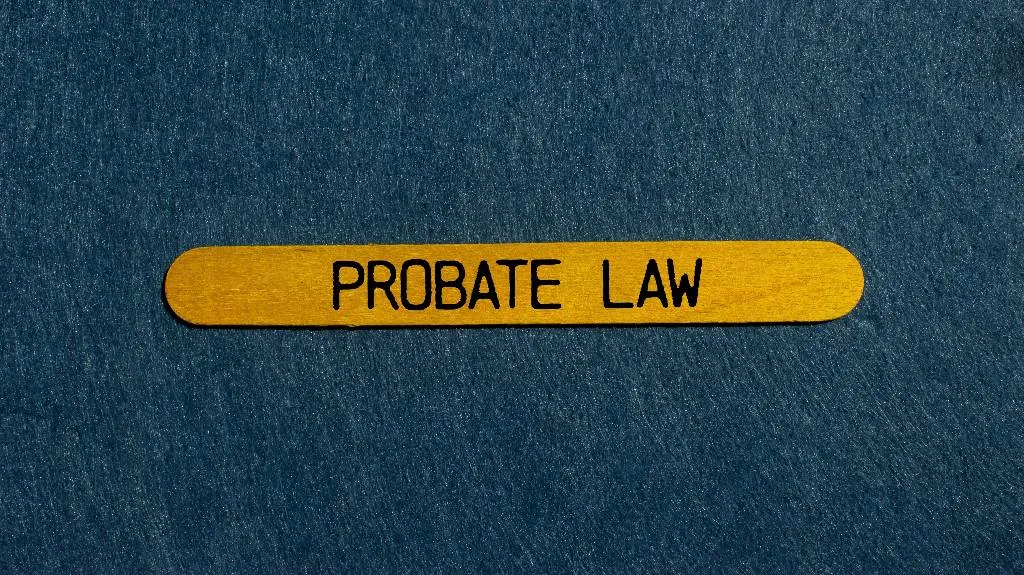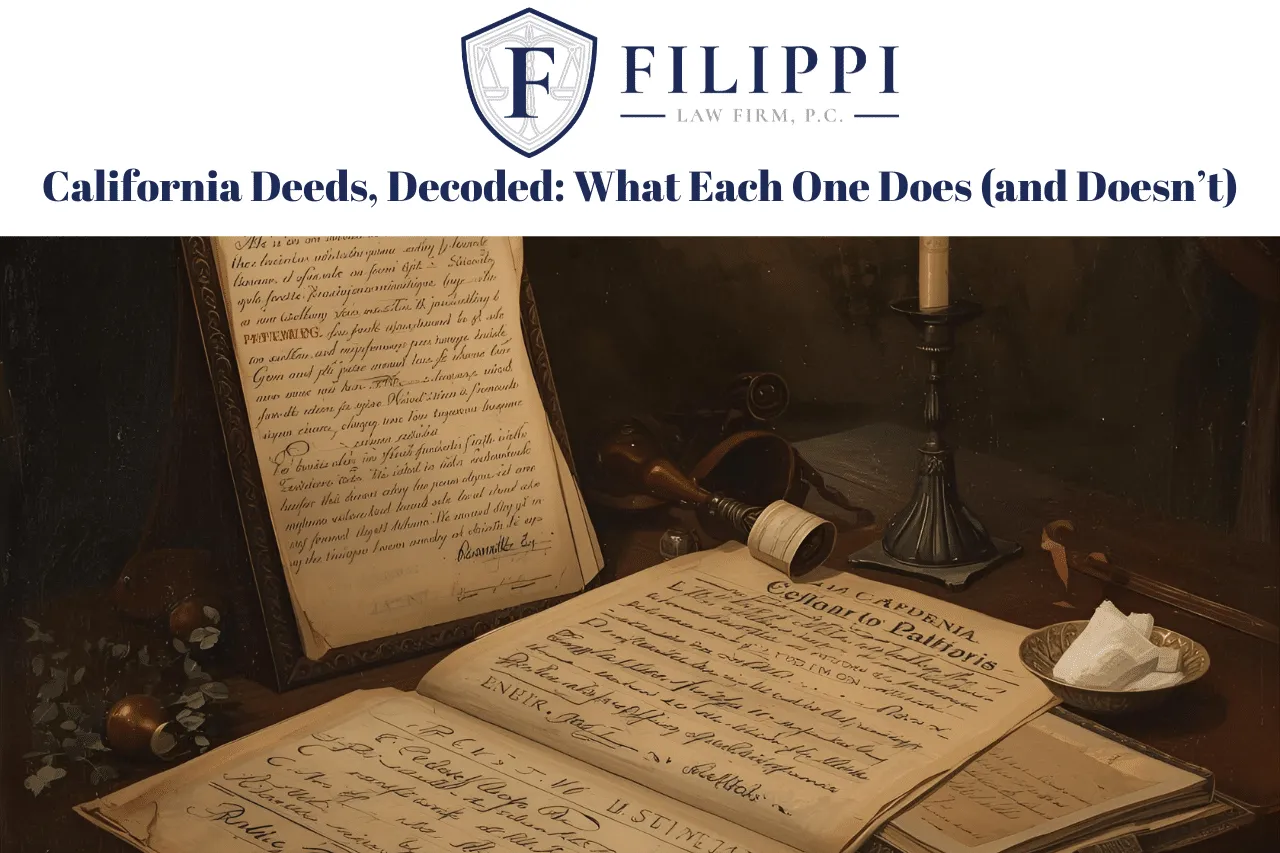Estate planning is an essential component of financial planning that ensures a smooth transfer of assets to heirs and beneficiaries and helps minimize tax obligations. The bypass trust, sometimes referred to as an AB trust or credit shelter trust, is an effective tool in estate planning. A bypass trust offers a unique way to protect assets for married couples. In this article, we’ll examine the benefits, drawbacks, and appropriate use of a bypass trust in estate planning. Always consult with an estate planning attorney to determine the best trust for your circumstances.
What is a bypass trust?
A bypass trust is a type of trust structure that allows a married couple to provide the surviving spouse with lifetime support while ultimately transferring assets to their beneficiaries. Couples frequently use this type of trust to make the most of their estate tax exemptions to minimize or defer certain taxes that may be due when one spouse passes away.
Get a Free Consultation Today
This is how it usually works:
The person setting up the trust (grantor) establishes the bypass trust during their lifetime through an estate plan. The trust will identify what assets are to be funded into the bypass trust (either specific assets or as a percentage of the estate), who is to benefit from the bypass trust, and under what terms the interest and principal can be accessed.
Upon the passing of the first spouse (decedent), the estate is split into the decedent’s share and the surviving spouse’s share. The decedent’s share will be used to fund the bypass trust based on the funding formula in the trust. Usually, the amount put into the bypass trust will not exceed the Federal Lifetime Gift Tax Exemption amount, making the bypass trust non-taxable. The remainder of the decedent’s share usually goes to the surviving spouse; since tax laws currently allow spouses to inherit from the other spouse tax-free, the entirety of the decedent’s estate has been dispositioned tax-free. However, the assets distributed to the surviving spouse become part of the surviving spouse’s estate upon their passing, making the portion of the decedent’s estate distributed to the surviving spouse a tax deferral (rather than an outright tax avoidance).
Benefits of a bypass trust
Bypass trusts are a useful tool in estate planning because they provide several advantages. Here are some of the key benefits:
Estate tax reduction
The main benefit of a bypass trust used to be tax planning. However, in 2010, federal estate tax laws changed, allowing spouses to port (or transfer) the unused portion of the decedent’s Federal Lifetime Gift Tax Exclusion amount to the surviving spouse, making the bypass trust less critical from a tax planning perspective. However, bypass trusts provide some advantages over portability, as portability is an election that must be made on the decedent’s tax return, and if not made, the election is lost. By comparison, the bypass trust is built into the terms of the trust and does not require an election by a specific date. From this perspective, a bypass trust is a less risky way to approach tax planning.
Asset protection
Bypass trusts can provide asset protection for beneficiaries. Since the trust owns the assets, they are shielded from creditors, lawsuits, or other potential financial difficulties that beneficiaries may encounter.
Spousal support
A bypass trust can be used to continue to provide support to the surviving spouse while preserving assets for the next generation. This is particularly important for blended families or where there are children from prior marriages.
Control over Distribution
Since the bypass trust is irrevocable, the grantor can decide how and when trust assets are distributed to beneficiaries without worrying about the surviving spouse remarrying and changing the terms of the trust. This can also be helpful in preventing reckless spending or guaranteeing that assets are allocated to specific purposes, like healthcare and education.
Avoiding probate
Probate is the legal process of validating a will and distributing assets to beneficiaries. Assets that are held in a bypass trust typically avoid probate all together. Probate is time-consuming and expensive, but the bypass trust allows you to… bypass this process.
Drawbacks of a Bypass Trust
Although bypass trusts have many benefits, they also come with some disadvantages and complications that people should be aware of before including them in their estate plans.
Bypass trust is irrevocable
After the passing of the grantor, the bypass trust becomes irrevocable. This means that if there is a change in circumstances or a change in the law, it becomes much more difficult to meet the grantor’s intent, and in some cases, there may be nothing that can be done.
Administrative costs
Bypass trusts are complex and require the administration of two trusts throughout the lifetime of the surviving spouse. This naturally increases administrative costs, such as legal and trustee fees. These costs have the potential to lower the trust’s overall value and affect the assets that beneficiaries will inherit.
Limited access
Bypass trusts are usually set up such that the income is distributed to the spouse on a regular basis and access to the principal is limited to an “ascertainable standard” of health, education, maintenance, or support. What is income and what is principal? An easy example is a certificate of deposit (CD). The principal is the amount you agree to deposit when you open the CD and the interest you earn on that investment is the income.
Something to keep in mind with bypass trusts is whether the income is going to be sufficient to support the surviving spouse during their lifetime. Unless you have a very large estate, this surviving spouse may need to access the principle for support. Most bypass trusts account for this by allowing the surviving spouse to utilize the principle for expenses that meet the ascertainable standard of health, education, maintenance, or support (HEMS). However, this puts the burden on the surviving spouse to document or justify their needs prior to utilizing the bypass trust funds.
When to use a bypass trust
The sustainability of a bypass trust varies depending on the individual’s goals, estate planning objectives, and financial situation. They are not a one-size-fits-all solution to estate planning.
High-value estates
Bypass trusts are most beneficial for couples with large estates that may be subject to estate taxes. By leveraging both spouses’ estate tax exemptions, a bypass trust can significantly reduce overall tax liabilities.
Blended Families
A bypass trust can guarantee that assets are eventually given to the children from a previous relationship while supporting the surviving spouse during their lifetime.
Asset protection
People who are worried about protecting their assets from creditors or lawsuits can use a bypass trust. This can be especially crucial for people who work in occupations where there is a greater chance of legal liability or cases where beneficiaries may not be financially responsible.
Conclusion on Bypass Trusts
Bypass trusts are a powerful tool in estate planning, offering significant benefits such as estate tax reduction, asset protection, and control over asset distribution. However, they also come with drawbacks, including loss of direct control and potential administrative costs. The decision to use a bypass trust should be made after careful consideration of an individual’s financial situation, goals, and family dynamics.
Estate planning is a complex and highly individualized process, and it’s essential to work with experienced estate planning attorneys to determine whether a bypass trust aligns with your goals and to create a comprehensive estate plan that meets your unique needs. Ultimately, a well-structured bypass trust can be a valuable component of a comprehensive estate plan, providing peace of mind and financial security for you and your loved ones for generations to come.
Filippi Law Firm, P.C., provides legal services in estate planning, probate, trust administration, trust litigation, and personal bankruptcy in the greater Sacramento area, with a focus in Rocklin, Roseville, Lincoln, and Granite Bay. Give us a call at (916) 333-7910 or fill out the contact form to get in touch with our office. Consultations are free, and they can be done over the phone, via Zoom, or in person at our office in Rocklin.




